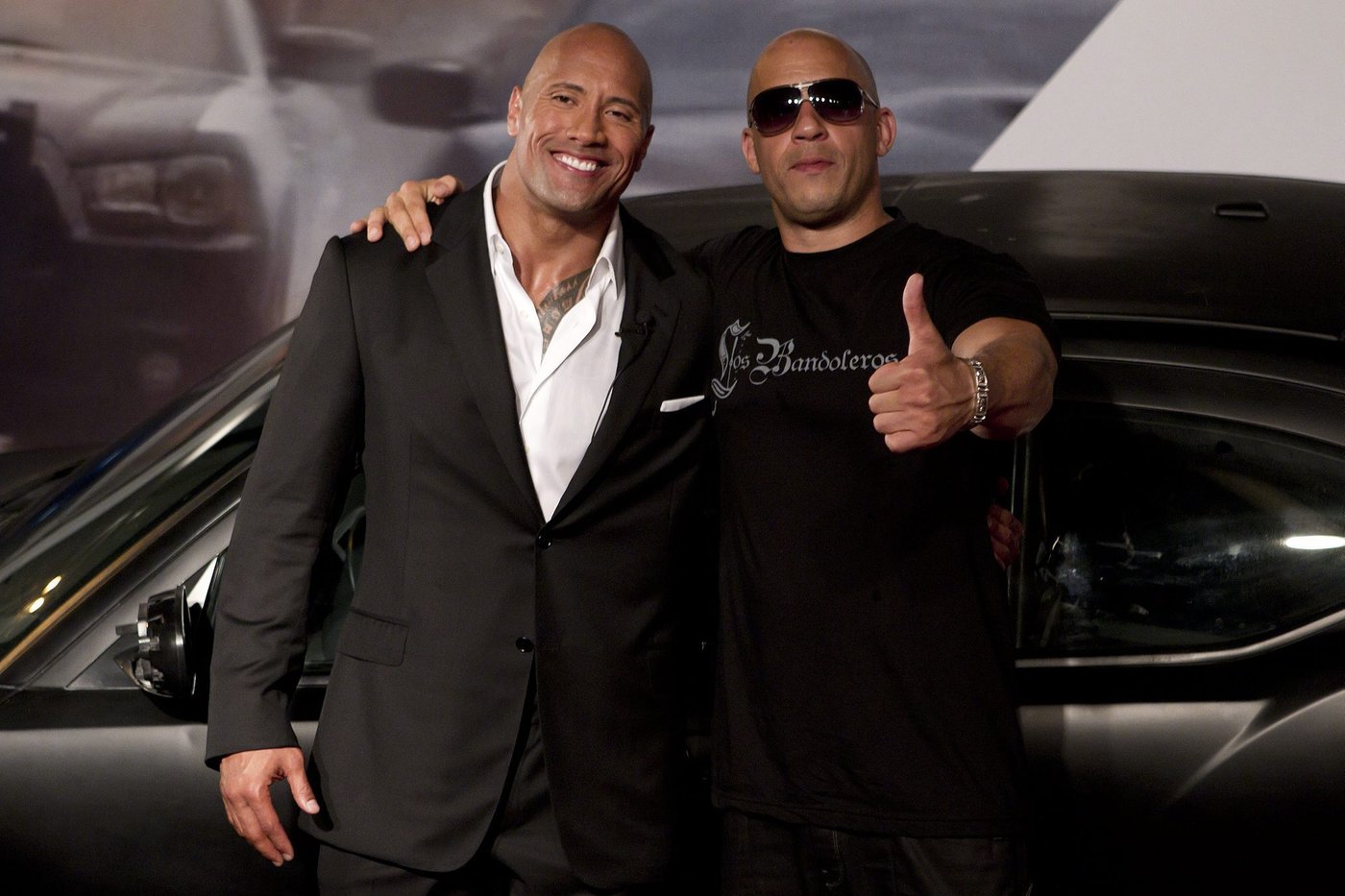Elevate your local knowledge
Sign up for the iNFOnews newsletter today!

TORONTO — Before “The Fast and the Furious” became one of the world’s most lucrative film franchises, its fate reportedly hinged on an unlikely question: could it survive opening against “Dr. Dolittle 2”?
That’s one of the many revelations Globe and Mail editor Barry Hertz uncovered while researching for his new book on the series, “Welcome to the Family: The Explosive Story Behind Fast & Furious, the Blockbusters that Supercharged the World.”
Back in 2001, Universal Pictures’ marketing team was stuck in a minor existential crisis over when to release the first film, Hertz writes. The studio had planned a spring-break debut — until executive Marc Shmuger insisted on a summer slot that would put the modest street-racing thriller head-to-head with Eddie Murphy’s talking-animal sequel.
“People at the time were like, ‘You’re insane! That will kill us! You’re going to ruin this studio! ‘Dr. Dolittle 2’ is a behemoth,’” says Hertz, a Toronto-based arts journalist.
“But he said, ‘No, it’ll work.’”
And work it did. Today, “Fast & Furious” is Universal’s largest franchise and the eighth-highest-grossing film series ever, pulling in more than US$7-billion worldwide. Hertz, a longtime fan, says he wrote the book because the Vin Diesel-led saga about fast cars, heists and family has never received the critical respect he thinks it deserves.
“There’s a good story here about how you can take a franchise from the roots and build it up, and how all the different evolutions and iterations of the series reflect the changing dynamics inside of Hollywood at large.”
“Welcome to the Family,” out Tuesday, traces the franchise’s improbable rise while showing how its nitrous-fuelled evolution mirrors the movie industry’s last 25 years of shifts and swerves. Hertz argues the series embraced cinematic-universe logic before Marvel, was one of the first Hollywood franchises to put diversity front and centre, and turned the international box office into a driving force.
He also pops the hood on the saga’s internal drama, recounting disputes over credit between screenwriters David Ayer, Gary Scott Thompson and Kario Salem, as well as the roots of Diesel and Dwayne Johnson’s years-long feud.
Getting those stories wasn’t easy. Hertz says he approached Universal early on hoping the studio — and Diesel himself — might participate, but both ultimately declined. That left him to build what he calls an “unauthorized history,” assembled from more than 170 interviews with stunt performers, producers, writers, executives and crew members who were eager to finally tell their side of the story.
He learned some of the franchise’s most explosive moments happened off screen, describing the Diesel-Johnson beef as a clash of alpha-male egos.
“It was a steady accumulation of Vin thinking The Rock’s a little better than him; Vin thinking The Rock hasn’t really given him credit for bringing him into the franchise and elevating his star stature; a little pent-up jealousy of watching The Rock ascend to the top ranks while Vin had struggled breaking out of the ‘Fast’ franchise,” says Hertz.
One of the book’s main threads is Diesel’s paradox: allegedly difficult on set, yet utterly irreplaceable on screen. Hertz details how the actor turned a film originally built for the late Paul Walker into a franchise he could shape, eventually becoming a producer and using that role to “very cleverly and shrewdly make himself the face of this franchise.”
“You talk to a lot of people involved in these movies, and they’re like, ‘Yeah, Vin is the hardest element to deal with, and makes a lot of work and life difficult.’ But at the same time, he is a micromanager perfectionist and he just wants these movies to be as good as they possibly can be, often to serve the audience and the franchise, but also to serve the career arc of Vin Diesel,” says Hertz.
Diesel’s representatives did not respond to requests for comment on the book.
“Fast X: Part 2,” billed as the franchise finale, has hit several speed bumps: Universal reportedly demanded budget cuts after Part 1 underperformed, and Diesel faced a 2023 lawsuit from a former assistant alleging sexual assault in 2010. Last week, a California judge dismissed the case, ruling state law could not be applied to the claims as the alleged incident took place in Georgia. Diesel has denied the allegations.
Hertz says the series is now in a “holding pattern.” He frames the next instalment as a make-or-break moment — not just for the franchise, but for the future of blockbuster filmmaking in an era of studio consolidation and slumping ticket sales.
“I feel whatever happens next with it will also speak to what the next era of franchises and studio tentpole filmmaking looks like for Hollywood,” he says.
“They’ve already pulled off the craziest success story of modern Hollywood. But if they can keep going, they’ll really show the duration and stability of tentpole filmmaking.”
“So much is riding or dying on it.”
This report by The Canadian Press was first published Nov. 24, 2025.
Want to share your thoughts, add context, or connect with others in your community?
You must be logged in to post a comment.